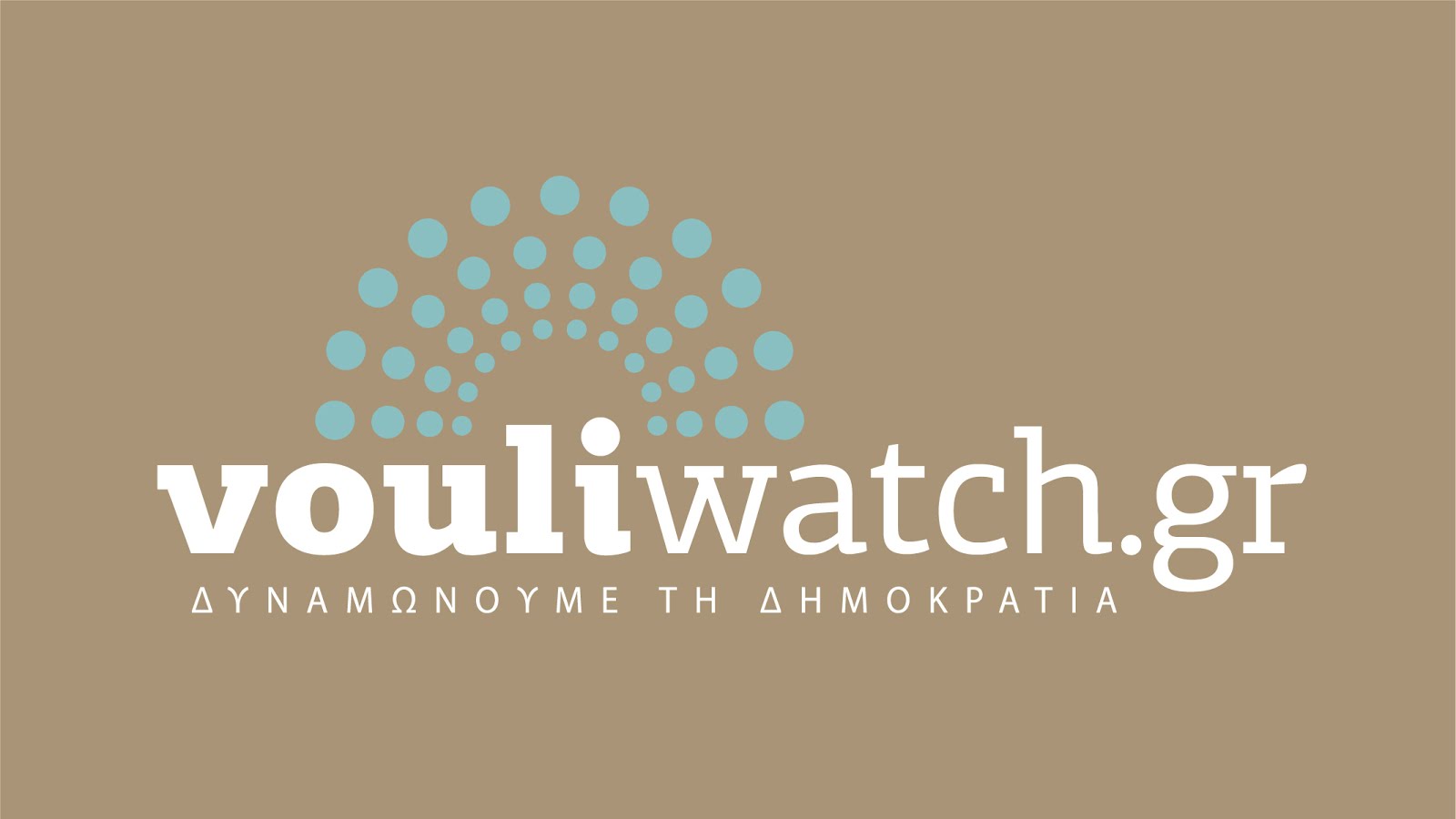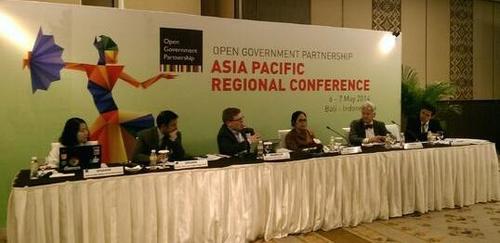News from the parliamentary monitoring community:
In Montenegro, the Center for Democratic Transitions (CDT) was selected as one of the four winners of the UNDP competition “Technology for Citizen Engagement.” The award provides small grants to support ideas for using technology to expand opportunities for citizen engagement. CDT’s winning idea was Ask for Data, a tool that will allow citizens to easily request information from public institutions.
In Kenya, Muslims for Human Rights released a video raising awareness about the right to know how MPs are spending constituency development funds. The constituency development fund, which is intended to support development projects in MPs’ constituencies, lacks meaningful oversight.
In Greece, Vouliwatch recently released its first annual report, highlighting the role of digital technology in allowing citizens to follow parliamentary issues, ask questions to MPs, and to share ideas and proposals. The organization also announced that it will begin to provide information about the activities, discussions, and decisions of the European Parliament related to Greece and other key policy issues.
In Pakistan, Pakistan Institute for Legislative Development and Transparency (PILDAT) released two scorecards measuring the quality of governance at the federal and provincial levels of government.
In Chile, Chile Transparente released a report on the transparency of political parties. The report concludes that although there was overall improvement compared to previous years, political parties still have weak programmatic and financial transparency.
In Georgia, Jumpstart Georgia’s Gender Pay Game was selected as a finalist for the Data Journalism Awards 2015. Winners will be announced during the Data Journalism Awards Ceremony at the General Editors Network Summit in Barcelona on June 18.
In Ghana, Uganda, Rwanda, and Nigeria, Open Knowledge and Code for Africa announced the 2015 cohort of Open Government Fellows. The new fellows will promote increased government transparency and improved dialogue between citizens and governments.
In Europe, more than 100 groups issued a letter to urge the European Commission to make the lobby register legally binding. The letter also calls on the Commission to ban meetings with unregistered lobbyists and to allocate appropriate resources for monitoring and enforcement of this rule.
In Kuwait, Kuwait Transparency Society celebrated its 10th Anniversary.
In Mexico, the Senate, in cooperation with the National Democratic Institute, hosted a three day workshop on Promoting Legislative Transparency. The training covered several tools and methodologies to improve civil society’s capacity to use data to monitor parliamentary activities.

